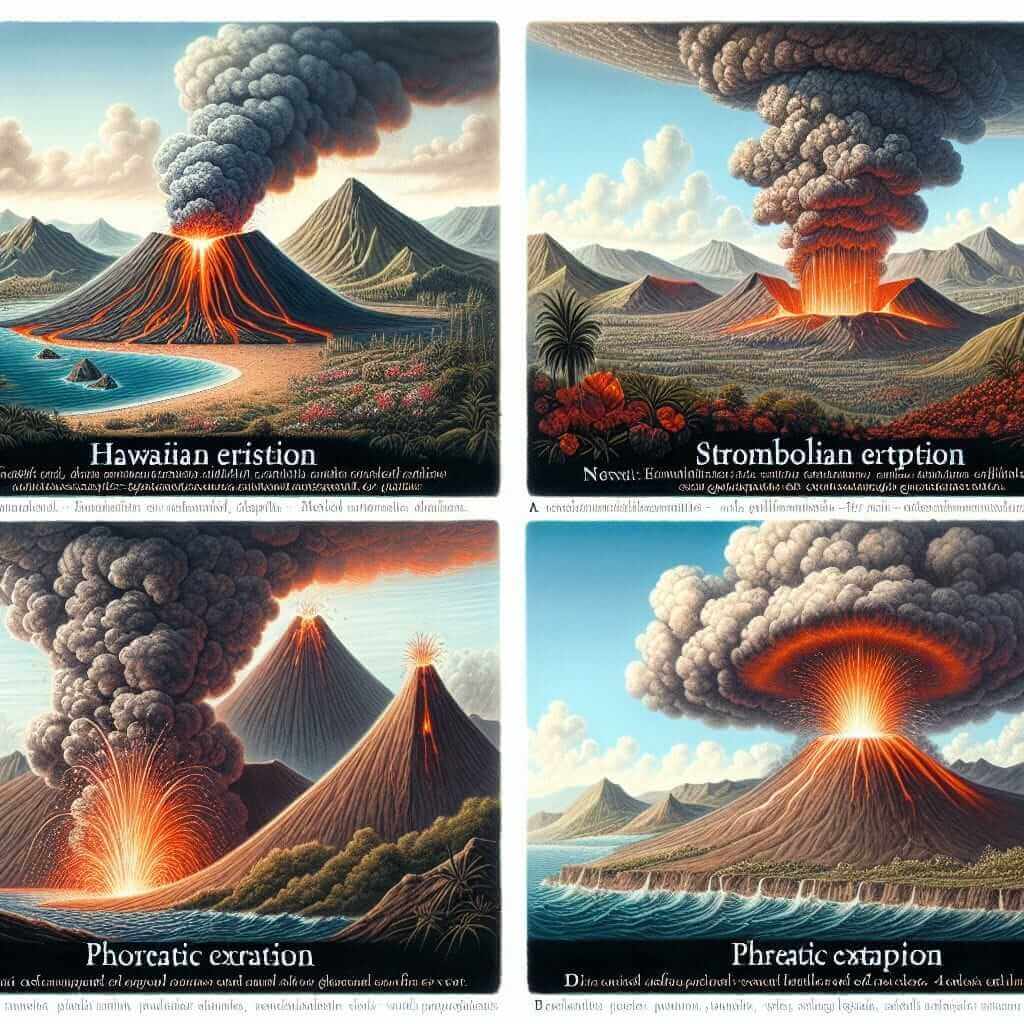Matching questions are a common question type in the IELTS Reading test, and they can be tricky if you’re not prepared. These questions assess your ability to scan for specific information and make connections between different parts of the text. This article provides a comprehensive guide on how to effectively approach Matching questions, helping you boost your IELTS Reading score.
Understanding Matching Questions
In this question type, you are presented with a set of statements or information and a list of options. Your task is to match each statement with the correct option from the list. The options could be:
- Different sections or paragraphs of the text: This format tests your understanding of how information is organized within the passage.
- Names of people, theories, or concepts: This format assesses your ability to identify and link specific details mentioned in the text.
- A combination of the above: Some Matching questions might require you to match statements to both text sections and specific information.
Strategies for Tackling Matching Questions
Here’s a step-by-step approach to effectively handle Matching questions:
1. Begin with a Quick Skim
- Read the instructions carefully: Understand what you need to match – statements to text sections, information to names, etc. Pay close attention to whether options can be used more than once.
- Skim the statements (or questions): Identify key words and phrases that will help you locate relevant information in the passage.
- Scan the options: Familiarize yourself with the choices available. This will give you an idea of what to look for in the text.
2. Scan and Identify Keywords
- Utilize your keywords: Use the keywords from the statements to quickly scan the passage. Look for synonyms (words with similar meanings) and paraphrases (expressing the same idea using different words) as the text might not use the exact words as the questions.
- Focus on finding information, not understanding everything: Don’t get bogged down by unfamiliar vocabulary or complex sentences. Your goal is to locate specific information.
3. Read Carefully and Match
- Once you find a potential match, read carefully: Ensure that the information in the passage directly corresponds to the statement.
- Pay attention to details: Matching questions often involve subtle distinctions, so look for specific words and phrases that confirm the match.
- Mark your answers: As you find matches, note them down clearly to avoid confusion.
Example from an IELTS Reading Text
Let’s consider an example:
Passage:
(A section from an IELTS reading passage about different types of volcanic eruptions)

Statements:
- An eruption characterized by a slow-moving lava flow.
- An eruption that can cause significant damage to infrastructure due to mudflows.
Options:
A. Hawaiian eruption
B. Strombolian eruption
C. Plinian eruption
D. Phreatic eruption
Answering the Questions:
- Statement 1: The keywords are “slow-moving lava flow.” Scanning the passage, you might find a sentence describing “effusive eruptions with gentle lava flows,” which characterizes a Hawaiian eruption. Therefore, the answer is A.
- Statement 2: The keywords are “damage,” “infrastructure,” and “mudflows.” You might locate a section in the passage discussing eruptions that melt ice and snow, leading to mudflows that can damage infrastructure. This aligns with the characteristics of a Phreatic eruption (D).
Tips for Success
- Time management: Allocate time wisely for each question. Don’t spend too long on a single question.
- Beware of distractors: The passage might contain information that appears to match a statement but doesn’t fit the specific requirements.
- Practice makes perfect: Regularly practice Matching questions using sample IELTS Reading tests to improve your scanning and comprehension skills.
- Develop vocabulary: A strong vocabulary will help you understand the passage and identify synonyms and paraphrases more effectively.
Conclusion
Matching questions in the IELTS Reading test can be challenging, but with the right approach and consistent practice, you can master them. Remember to carefully analyze the statements, scan for keywords, and read the relevant sections of the text thoroughly to ensure accurate matching. Good luck!